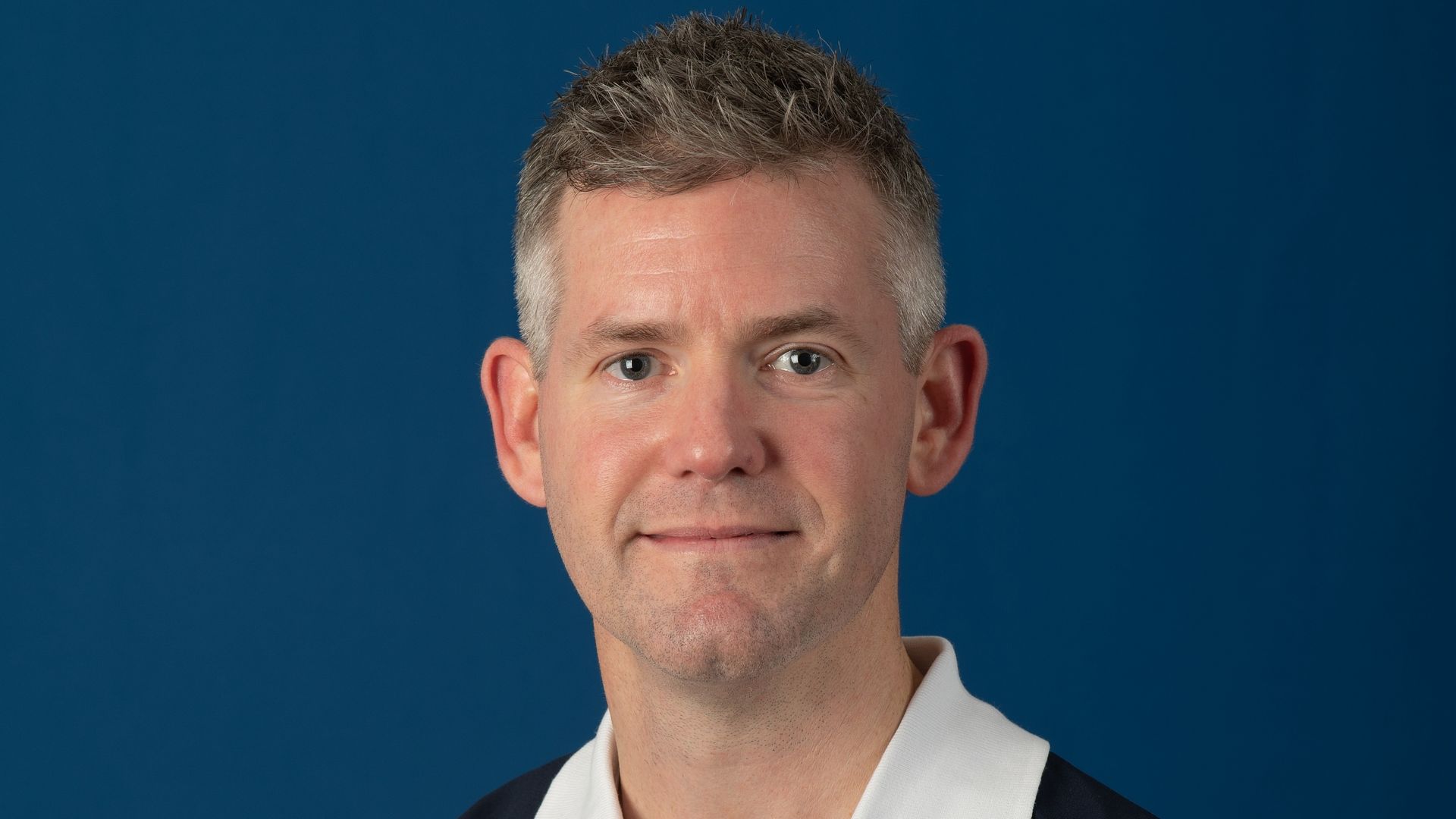A British astronaut has been cleared to become the first person with a physical disability to take part in a mission on the International Space Station, the European Space Agency (ESA) has said.
John McFall, a former paralympian sprinter from Cardiff, has been medically certified to undertake a long-duration space mission, the agency said at a news conference on Friday.
Mr McFall said he was “hugely proud” of his achievement, but said it “isn’t about me, this is way bigger than that. This is a cultural shift, something that has not been done before.
“I’m proud of the mindset shift that this has achieved,” he added.
He admitted he was mostly “passive” during the testing process, which lasted around a month and involved medical exams. He said he “just had to demonstrate I could do the required tasks”.
In 2022, the ESA launched the Fly! feasibility study to look at the challenges of getting a disabled astronaut to the ISS and Mr McFall, a father of three, was selected for the programme as a member of the ESA astronaut reserve.
Releasing the results of the study, Daniel Neuenschwander, ESA’s director of human and robotic exploration, said the agency was making history by announcing Mr McFall as “the first disabled astronaut who can fly on a long-duration mission on the International Space Station”.
2024 YR4: What we know about the asteroid that could hit Earth
NASA’s stuck astronaut steps out for a spacewalk after seven months in orbit
Double moonshot mission begins as lunar landers blast off on SpaceX Falcon 9 rocket
Mr Neuenschwander called it “an incredible step forward in our ambition to broaden the access of society to space”.
He did not say when Mr McFall might join a mission.
Keep up with all the latest news from the UK and around the world by following Sky News
Read more on Sky News:
The asteroid that could destroy Earth
Ring of light from far-away galaxy seen
New space race to moon heats up
Experts from ESA, NASA & SpaceX helped with the feasibility study, which looked at more than 80 different areas, including medical aspects, the ESA said.
Asked about the possibility of taking part in a British mission in the future, Mr McFall said that was a “very interesting prospect”, but said there was “nothing proposed at the moment”.
The surgeon, who lost his right leg in a motorcycle accident at the age of 19, learned to run again and became a professional track and field athlete in 2005.
He represented Great Britain and Northern Ireland as a Paralympic 100m sprinter and won more than a dozen medals, including bronze at the 2008 Paralympics, before leaving the sport to become an orthopaedic surgeon.





